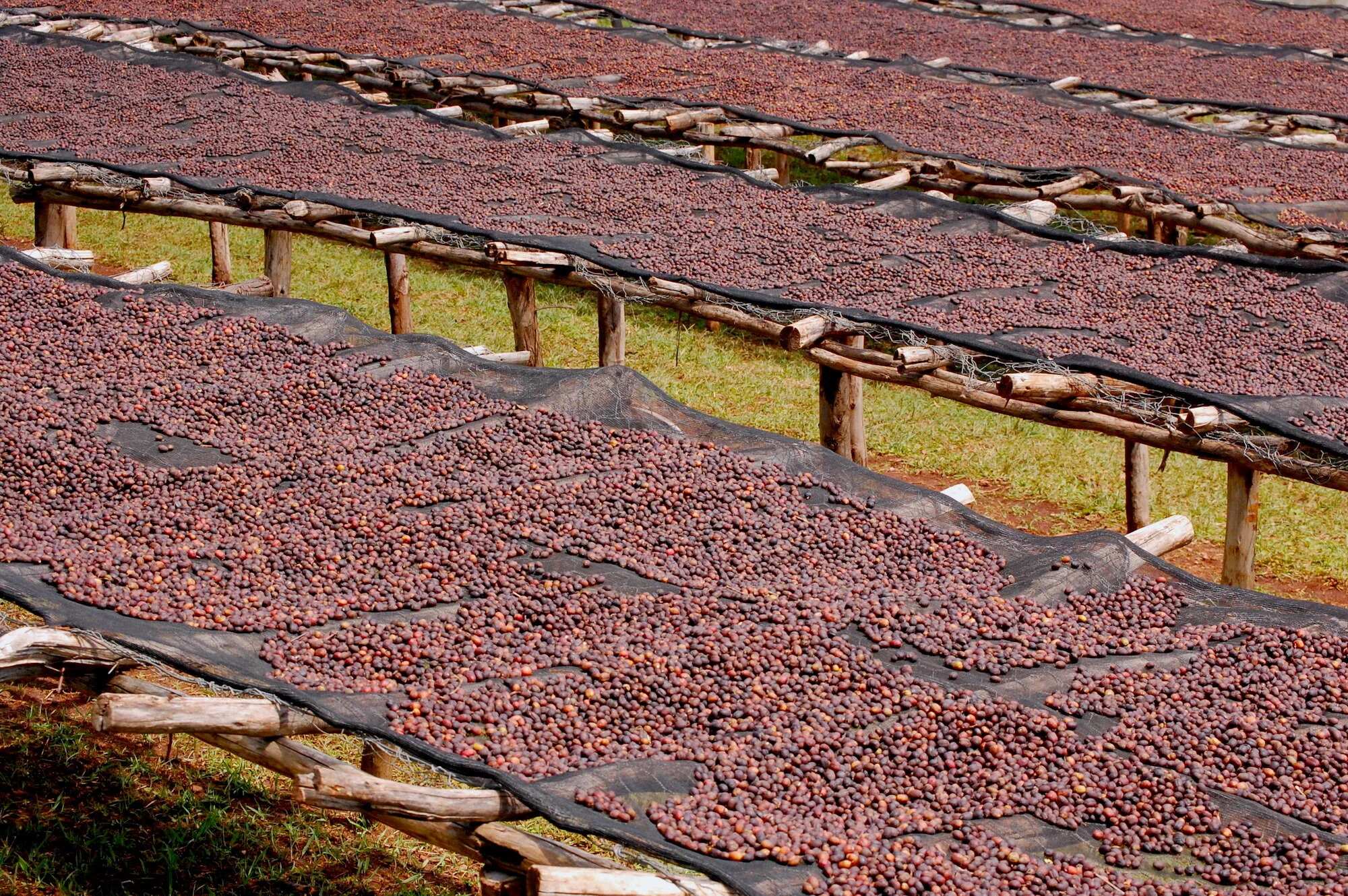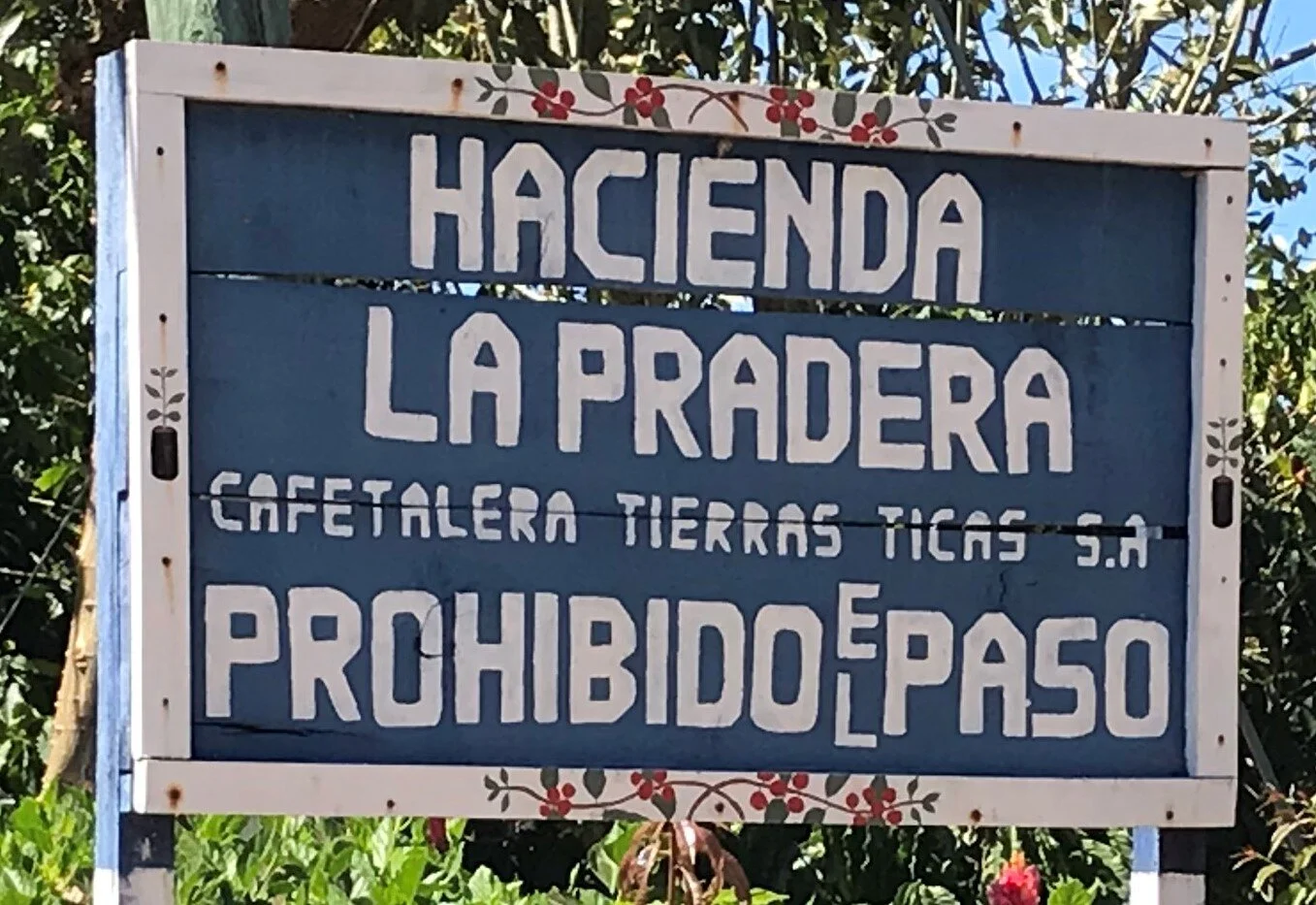Rainforest Alliance Certified
The farms and mills owned by La Minita are all Rainforest Alliance certified. We have committed to this certification because we feel its strict environmental and social standards are aligned with our farm and mill practices. We even have a fund for farms that supply our mill in Jardín, Colombia, to pay their costs of becoming Rainforest Alliance certified.
The Rainforest Alliance certification for coffee is built on sustainable farming principles and encompasses a range of social and environmental requirements. A couple examples of the requirements to achieve this certification are proper cleaning of coffee wastewater, forest canopy biodiversity, access to safe drinking water, healthcare, and education for farm workers, and payment of at least the legal minimum wage for workers.
Fair Trade Certified
Fair trade is the term for coffees that are produced under a set of standards that guarantee a minimum price per pound to the producer group. Fair trade certification ensures that the coffee producing group (either a farmer cooperative or an estate) receives a minimum price for its coffee. The price includes a premium that must be invested in social, environmental, or economic development projects. The use of this premium must be decided democratically by the producer organization. There are a couple certification bodies that have logos you will see on bags of fair trade coffee: Fairtrade International (FLO) (called Fairtrade America in the US) and Fair Trade USA being two common marks.
Certified Organic
Organic certified coffee must be grown and processed under organic standards. In the US, any certified organic coffee must conform to the USDA’s National Organic Program. Coffee producers have an annual inspection to verify the coffee is produced according to the organic standard. The standard dictates that producers must abstain from using any prohibited pesticides, herbicides, and fertilizers for at least three years before attaining the organic certification, farms must have a buffer between organic and conventional crops, and they must take measures to prevent soil erosion, among other things.







